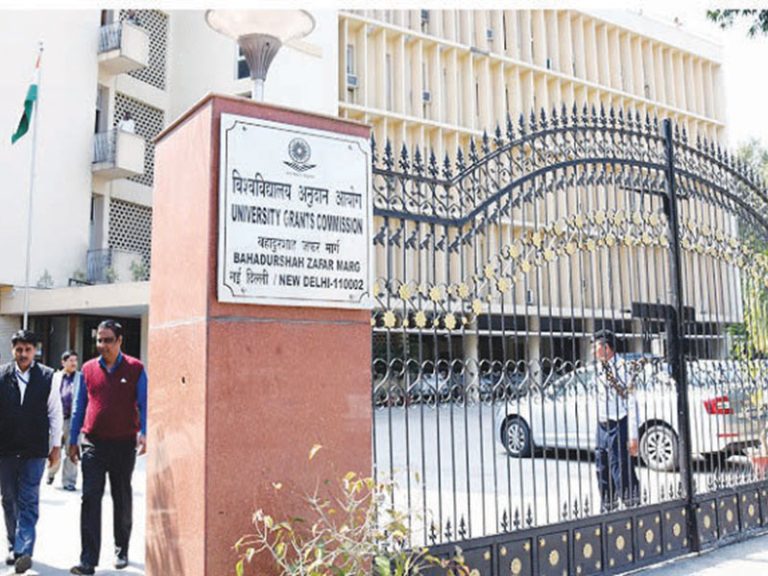Delhi: Belated awakening
Autar Nehru (Delhi)
Somewhat belatedly, the importance of hands-on experiential education has dawned upon educationists and education policy wonks. In April the Delhi-based All India Council for Technical Education (AICTE) which supervises all engineering and technology education countrywide, issued Draft Guidelines of its Apprenticeship Embedded Degree/Diploma Programme (AEDP-TI) under which all engineering and technology HEIs (higher education institutions) are mandated to embed a hands-on business/industry experiential education semester in all study programmes.
Following suit, on October 30 the University Grants Commission (UGC) published its final draft of the Guidelines on the Apprenticeship Embedded Degree Programme (AEDP) for science, commerce and humanities streams college/university students for public comment and feedback.
The objective of AICTE and UGC’s embedded apprenticeship programmes is to address common criticism that higher education in India tends to be too theoretical with graduates and postgrads emerging from HEIs with zero hands-on experience of business and industry. AICTE and UGC’s AEDP programmes are separate and distinct from the already extant Bachelor of Vocational Studies (B.VoC) which is a three-year undergrad degree programme for school-leavers in several vocations for specific trades and industry (automobile engineering, software testing, fashion design etc) provided by colleges and universities under the National Skills Qualifications Framework (NSQF) 2014.
Under the latest UGC guidelines, AEDP courses can be offered by any college with a NAAC accreditation score of 3.01 or any university ranked in the top 200 of the National Institutional Ranking Framework (NIRF). Taken together AEDP-TI, AEDP and the B.VOC vocational education and training (VET) programmes will ensure that all 43 million students currently enrolled in India’s higher education system will graduate with at least one semester’s apprecenticeship/internship experience in business and/or industry.
This represents a sea change in the country’s higher education system often vilified for churning out millions of unemployable graduates with theoretical education, but no experience of industry and business workplaces. As a result according to industry sources, India Inc incurs the highest training cost of newly recruited graduates worldwide.
Therefore, the expectation is that with all graduates in engineering and technology and in ASC (arts, science and commerce) streams emerging from HEI portals equipped with a modicum or considerable (some embedded learning courses may by mutual HEI, corporate and student agreement extend beyond a semester) workplace experience, India Inc’s induction training costs will reduce, enabling a substantial profitability boost.
“UGC’s new revised AEDP guidelines — the first UGC guidelines were issued in 2020 — are a very welcome development because they ensure that even arts, science and commerce students acquire hands-on business and/or industry experience. Similarly with AICTE having issued AEDP-TI guidelines for engineering and technology undergrad students earlier this year, henceforward all HEI graduates will have some business or industry experience before they enter their workplaces. This is certain to provide a significant productivity boost to Indian industry, while making higher education much more interesting and rewarding for India’s 43 million students in tertiary education,” says Sumit Kumar, a business management alum of Jabalpur University and IIM-Ahmedabad and currently Chief Strategy Officer of TeamLease Degree Apprenticeship, a division of TeamLease Ltd, India’s largest supervisory managers and shopfloor employees recruitment company.
Almost seven decades after independence — thanks to unacknowledged media (especially EducationWorld) pressure — wisdom seems to have dawned upon education policy formulators and directors of examination boards (who design school syllabuses) to heed Mahatma Gandhi’s advice that education should coordinate head, heart and hands learning.
Since independence, India has been churning out brahmanical engineering graduates who can’t repair a malfunctioning kitchen sink or mend a fuse. And arts and commerce graduates are qualified for little more than clerical jobs. Therefore, the sudden burst of activity in the rarified offices of AICTE and UGC to embed practical shopfloor and workplace experience in undergrad degree programmes is an overdue development. Better late than never.


















Add comment